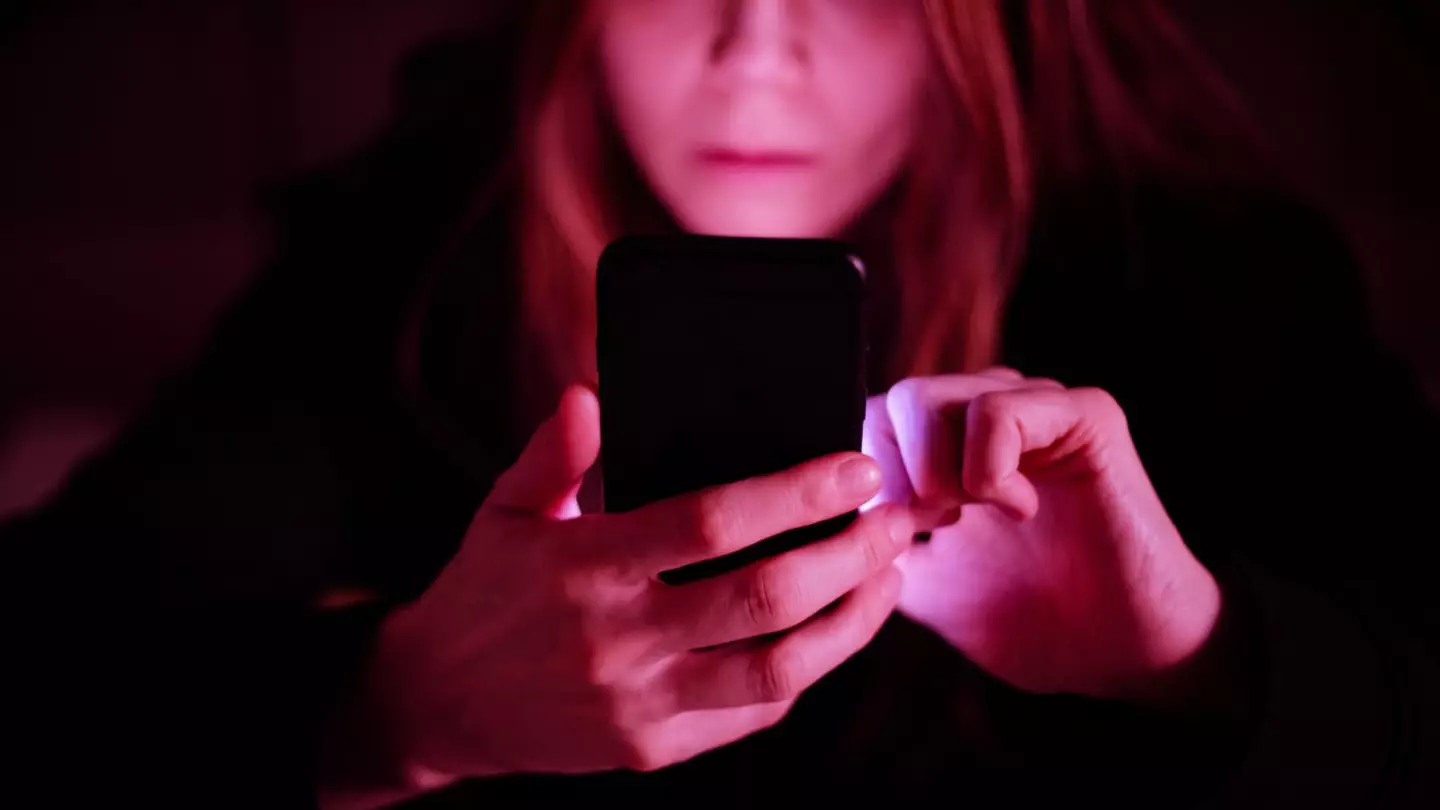A warning has been issued to dating app users after a woman reported being blackmailed following her decision to send nude photos to someone she had been interacting with on the app.
Amina, 24, shared with Metro her experience of messaging a man on a dating app, eventually agreeing to send him ‘intimate pictures’ after weeks of exchanging explicit messages.
“I was quite reluctant at first, but we’d been sending each other quite graphic messages for weeks and I just thought, why not,” she explained.
Despite initially keeping her identity anonymous in the images, Amina eventually sent a video that clearly showed her face. She added, “I feel so ashamed, but I did, and it’s obvious that it’s me.”
Although she had no plans to meet the man in real life, he had gathered a lot of personal details about her, including her full name and workplace.
The morning after sending the video, the man inundated Amina with messages, threatening to release the content unless she paid him £2,000 ($2,696).

Sarah Davidson, Metro’s Consumer Champion, advised Amina to report the incident to the police.
The form of online blackmail Amina experienced is termed ‘sextortion’. It is a criminal offense under Section 21 of the Theft Act 1968 in the UK, with a potential maximum sentence of 14 years’ imprisonment.
In the United States, the act is considered a federal misdemeanour charge, carrying a maximum sentence of up to one year in a federal prison, according to Keg Lawyers.
Davidson urged Amina to report the individual on the dating app and any social media platforms where her images might appear, while also cautioning others about similar situations.
“Do not, under any circumstances, send him any more messages. Even if he continues to send you threats,” she warned. “The police advise that you don’t delete your account as it will have vital evidence that could help them track him down (but you might find it helpful to deactivate it so you’re not receiving constant messages from him).”
“While there’s no obligation for you to provide evidence, having copies of any messages between you could be helpful to the police.”
Davidson emphasized that Amina, or anyone else facing similar blackmail, should not capitulate to the demands for money.

This is crucial because even small payments could lead to further demands. Davidson added, “If he’s sent you bank details, hand them over to the police. You may find they also ask for timelines – when messages were sent, and any screenshots, photos or videos.”
The FBI provides guidance for those who might be victims of financial sextortion, advising them to contact the FBI at 1-800-CALL-FBI or report the incident online at tips.fbi.gov.
“Our agents see these cases a lot and have helped thousands of young people. Our goals are to stop the harassment, arrest the person behind the crime, and help you get the support you need,” the FBI stated.
“If you’re not feeling ready to speak to the FBI, go to another trusted adult. Say you are being victimized online and need help.”
“Talking about this can feel impossible, but there are people who can help. You are not the one in trouble.”
To prevent such situations in the future, it’s recommended to be cautious about what you share online and to remember that anyone can misrepresent themselves.
“Videos and photos are not proof that people are who they claim to be. Images can be altered or stolen. In some cases, predators have even taken over the social media accounts of their victims.”

